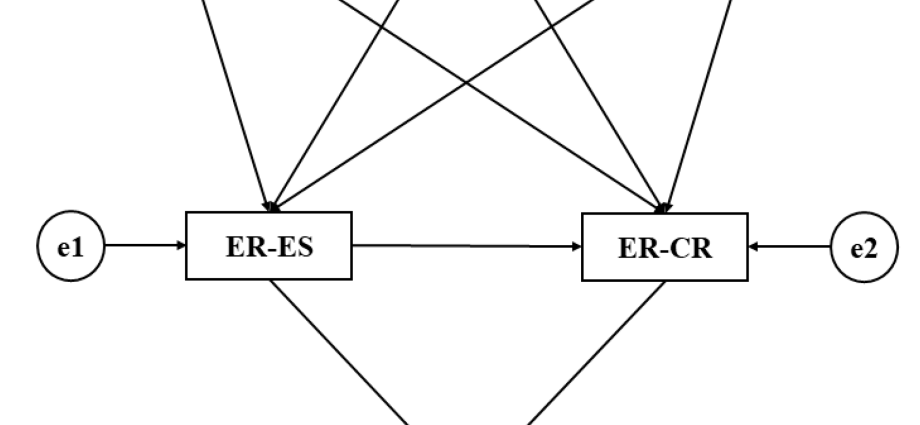Contents
High academic load, busy schedule of extracurricular activities, high expectations from adults, uncertainty about the future… Middle and high school students often face burnout. How to recognize the signs in the early stages and help the child cope with this problem?
Causes of emotional burnout
Prolonged stress is the main cause of emotional exhaustion. A little stress even has advantages, as with its help the student learns not to be afraid of difficulties, overcome obstacles and achieve his goals. Problems begin when stress becomes regular. The child does not have the opportunity and time to “reboot”: the accumulated feeling of anxiety grows and eventually leads to emotional exhaustion, and then burnout.
The main causes of stress in schoolchildren:
responsibility to parents and the desire to meet their expectations;
high teaching load (for example, according to a recent , only 16% of schoolchildren spend 11–15 hours a week preparing for the Unified State Examination, and 36,7% spend 5–10 hours a week);
uncertainty about the future.
The list goes on, including possible stressful situations in the family or, for example, difficulties in communicating with peers.
Emotional burnout does not occur overnight. Usually it all starts with fatigue, which accumulates gradually, and daily worries about grades, relationships with family, friends, and beyond.
Children become more withdrawn, they are inactive and irritated, get tired quickly, do not want anything, academic performance decreases. In such a situation, it is very important to notice the precursors of burnout as early as possible and help the child cope with the load.
Symptoms of emotional burnout:
Changes in emotional state
With constant stress, a teenager becomes irritable, refuses to communicate, answers any questions in monosyllables. From the outside it seems that he is constantly in the clouds.
Sleep Disorders
During a period of emotional overstrain, children often begin to have trouble sleeping. They fall asleep for a long time, constantly wake up at night, hardly get up in the morning.
Chronic fatigue
The child does not have enough strength for the whole day, after a few lessons he feels tired. At the same time, after a long sleep or on weekends, the energy level is not restored.
Apathy and procrastination
With emotional burnout, it is difficult for a child to concentrate on studying, he becomes undisciplined, information is remembered worse. The student ceases to be interested in what was fascinated before: hobbies, communication with friends. Lost contact with classmates.
Problems with appetite
Refusal to eat or, conversely, increased appetite should alert parents, because a change in eating behavior signals the stress experienced by the student.
How can I help my child cope with emotional burnout?
1. Reduce your study load
Proper distribution of the study load and the ability to alternate activities with recreation and sports are key skills that will help to cope with burnout. Therefore, first of all, you should reconsider the regime of the day. In case of emotional exhaustion, part of the extra classes should be abandoned, leaving only what the student likes and does not cause him negative.
Also, of course, parents should analyze their attitude to the success of the child: do they have too high requirements, do they allow him to do not 100% everything. Such support and understanding from adults is extremely important for a student in an emotionally difficult period.
2. Include Mandatory Rest Breaks in Your Daily Schedule
Homework time can be “broken down” into blocks of 25-30 minutes with five-minute rest breaks using the Pomodoro method. And between school and tutors, take time for a walk in the fresh air or sports. Also, the child should have at least one day off per week when he can do nothing. Indeed, as practice shows, sometimes parents leave their children without days off at all.
3. Organize your workspace
Only of the Earth’s population can simultaneously effectively perform more than one task, multitasking harms everyone else. Therefore, the child should not be distracted while doing homework. The phone must be put on silent mode, the iPad stowed in a drawer, and the TV turned off.
4. Establish sleep patterns
Depending on the age of schoolchildren at night eight to ten o’clock. At the same time, according to, 72% of teenagers sleep less than seven hours, which causes and negatively affect mental health. To solve problems with falling asleep, you should limit the use of the phone an hour before bedtime, come up with rituals that are not related to gadgets, such as reading books, communicating with family, drawing, and so on.
5. Organize an active holiday
Leisure should not only bring pleasure, but also «unload» the head. Sports, trips to nature, cultural recreation, meetings with friends, hobbies perfectly switch attention and energize. This does not mean that it is worth forbidding the child to spend time on social networks and watch TV shows. The optimal compromise is to alternate between online entertainment and other types of recreation.
6. Provide emotional support
Emotional support is no less important than practical help with the organization of the educational process. The child often lacks self-confidence, he believes that he will not succeed, so it’s not worth trying to do everything and justify the hopes of others.
In such a situation, the task of the parent is to help the child to believe in himself. At the same time, adults should be patient and be prepared for the fact that at the beginning the child will be angry and refuse to help.
Emotional burnout is a serious problem that does not go away on its own and requires maximum attention from parents, and sometimes the help of a psychologist.










